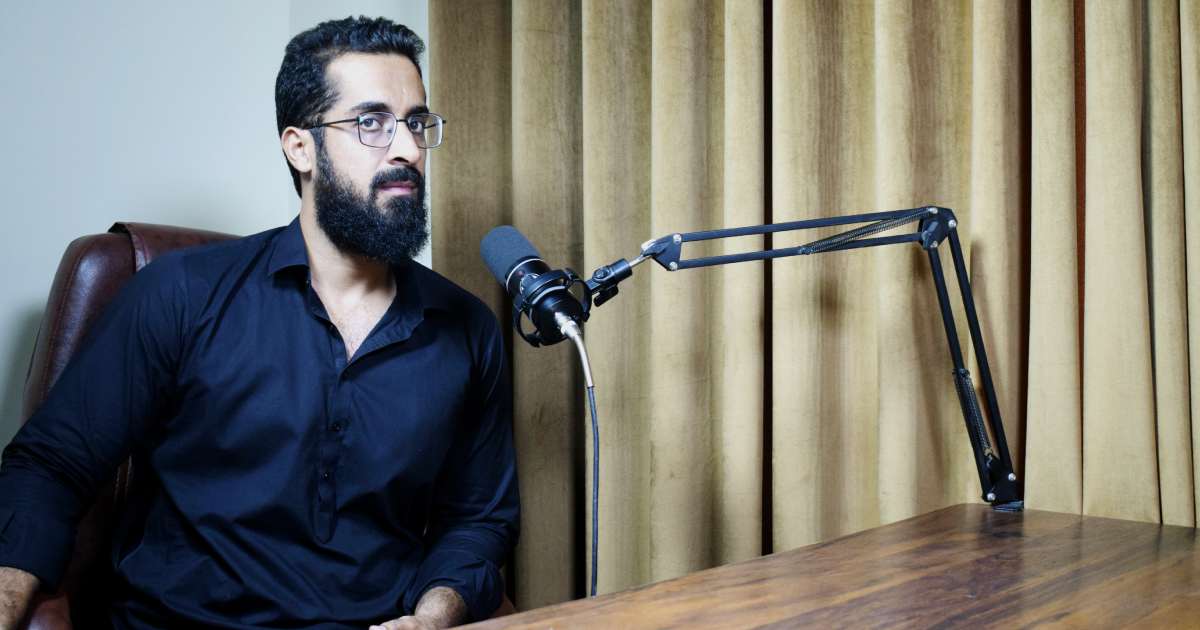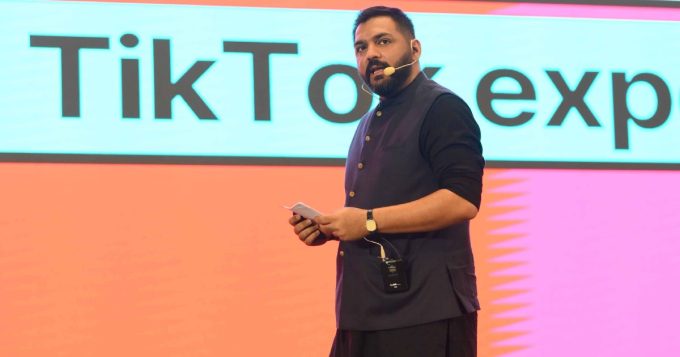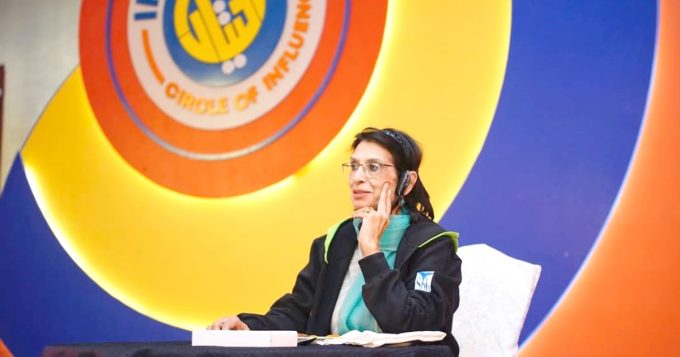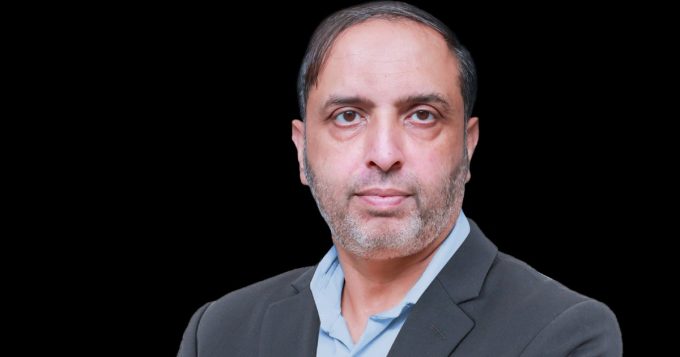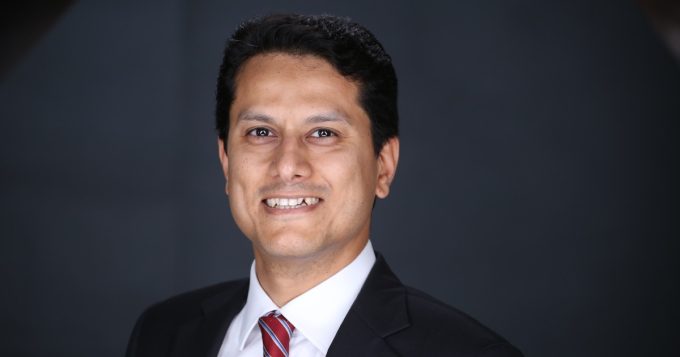Irfan Anwar is challenging Pakistan’s education system through Easy Taleem, a low-cost, high-impact edtech platform. He believes the future of education lies in access, empathy, and affordability, not elitism. He is proving that academia does not need to come with a luxury price tag, especially for the girls and families left out of traditional schooling.
Synergyzer: How has your storytelling and theatre experience shaped Easy Taleem?
Irfan Anwar: My background in theatre and storytelling has helped me see each student as a protagonist, especially young girls who are far more capable than society expects. In a good story, there is conflict, struggle and resolution. The same is true for our education system. The conflict is skyrocketing costs and limited access. The struggle is building a credible, scalable alternative. And the resolution? That’s what Easy Taleem is striving to be: an honest, affordable solution for families that have been priced out.
Synergyzer: You have priced a year of learning at less than a branded school backpack. What uncomfortable truths about our education economy does that expose?
Irfan Anwar: It shows how far we have drifted from the purpose of education. Just like we romanticise doctors as saviours, the same happens with teachers who charge exorbitantly while keeping education gated for the elite.
In a country with one of the lowest literacy rates, this is not just unfair, it is exploitation.
We are not here to fight these players. We are building a parallel system that serves those who have been priced out. And honestly, many of those calling themselves “educators” are simply service providers, not mentors, not changemakers.
Synergyzer: What is the idea behind the Rs. 25,000 fees, and what does it offer students?
Irfan Anwar: When we say Rs. 25,000/year, we are not cutting corners, just the gatekeepers. Most families earning Rs. 75,000/month could not dream of enrolling their children in O/A Level programs. Now they can and not as outsiders, but as equals.
Synergyzer: Why prioritise girls’ education, and do you see Easy Taleem becoming more gender-inclusive?
Irfan Anwar: Nearly 77% of Pakistani girls drop out after Matric/O-Level. Cultural barriers, affordability, and lack of safe options play a huge role. Over the past 5 years, 90% of our students have been girls, a data point that speaks volumes. We are deliberately focusing on them at this phase because that is where the crisis and potential lies. A boys-only brand will follow. Co-ed models come with distractions and frictions, especially for the households we aim to serve.
Synergyzer: Affordability is often confused with compromise in quality. How do you maintain academic standards while keeping costs so low?
Irfan Anwar: Affordability is not charity; it is strategy. We have top-tier faculty because they believe in the mission. Many take a fixed salary, while others share in the revenue. We are also pushing hard to lock in corporate partners to reward our teachers. Academic quality is maintained through a flipped-classroom approach, weekly quizzes, mock exams, peer projects, and continuous teacher training. And soon, our LMS will ensure that progress tracking is data-backed and transparent.
Synergyzer: If you had the chance to rework Pakistan’s national education policy, what is the first thing you would change?
Irfan Anwar: Pakistan’s problems are not about lack of plans but a lack of implementation. Step one: Clean up corruption and quota-based recruitment. Teachers drawing Rs. 120,000/ month without stepping into classrooms is a national tragedy. Beyond that, we need a single national curriculum that is updated and rooted in skills for the future, not just colonial legacies.
Synergyzer: As you scale, how will you balance growth with affordability, access and core values?
Irfan Anwar: Growth can be tempting, but chaos is not. We plan to cap each section at 100 students, with 2–3 TAs per class. Our LMS will automate learning journeys without losing the human touch. Our current enrollment funnel is entirely organic. But we are setting up for a full marketing push after our corporate deals mature, scaling with discipline.
Synergyzer: How do you convince traditional households that online education is real learning?
Irfan Anwar: Online education still feels “less than” to many households. That is why we are starting with CAIE, where tech exposure is already higher. As we gain traction, we will create a bridge for students from local boards, first through hybrid models, then through a new HEC-accredited curriculum of our own. Our long-term vision is a Pakistani-built, internationally accepted school model.
Synergyzer: How does Easy Taleem contrast with elite education, and can digital learning thrive in a country with electricity challenges?
Irfan Anwar: Yes, we know power outages and data issues are real. So, our LMS offers all classes as downloadable content with 24/7 access. Students do not miss a beat. We are also in talks with telcos to provide zero-rated internet bundles. Our goal is to make elite-level education possible on a basic smartphone, even in areas where load shedding is still routine.
Synergyzer: How does Easy Taleem stand out in a crowded edtech space while staying true to its social impact roots?
Irfan Anwar: We have intentionally stayed away from aggressive ad spend, focusing instead on trust, credibility, and organic growth. Our strategy centres on meaningful content, word-of-mouth, podcasts like EON, and platforms like Synergyzer to amplify our message.
Rather than chasing visibility, we have prioritised community-building slowly and consistently through real stories, real outcomes, and authentic partnerships. As we prepare to scale, we are finalising collaborations with telecom and fintech players to reach more students efficiently, without losing the values that define Easy Taleem.
We are not just trying to stand out, we are trying to stand for something.
Synergyzer: How do you measure success beyond enrollment, position low-cost as high-value and build a brand identity beyond affordability in a status-driven education market?
Irfan Anwar: Success is not just enrollment numbers or excellent results alone. It is what happens next. Our students must feel more confident, more informed, and more equipped to live purposeful lives. That is why we include holistic learning: AI tools, entrepreneurship, freelancing, chess, Quranic values, and even event participation.
The goal is to become a quality-first brand that just happens to be affordable. Low cost is not a feature; it is a fundamental right. The movement we are building is jaisay jaisay qafla barhta chalay ga, log jurtay chalay jaayengay.

